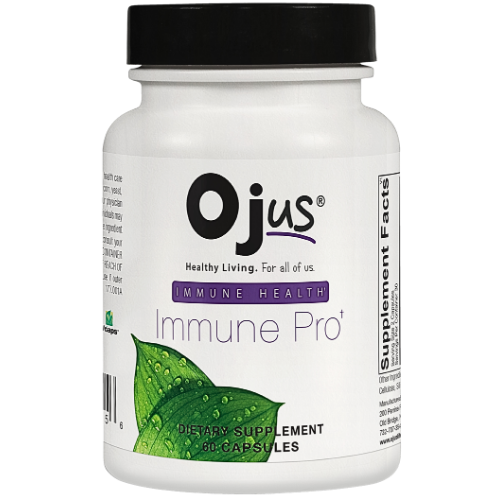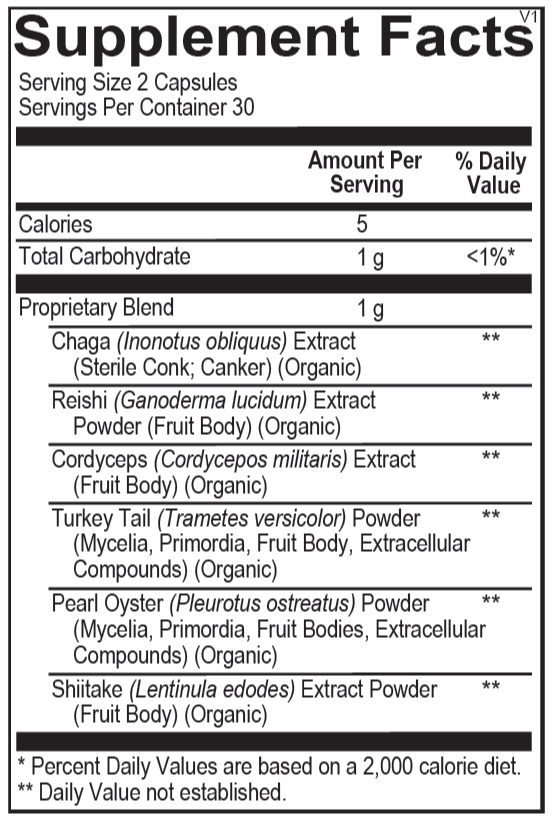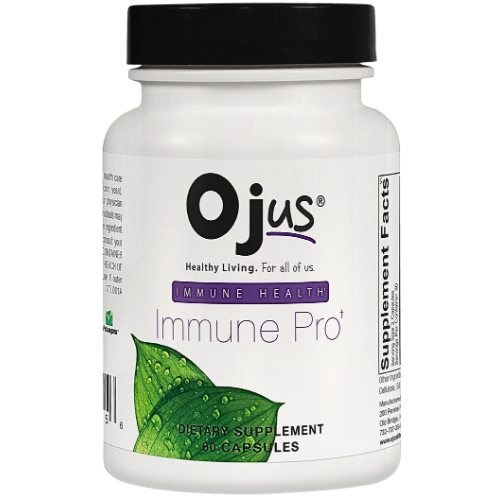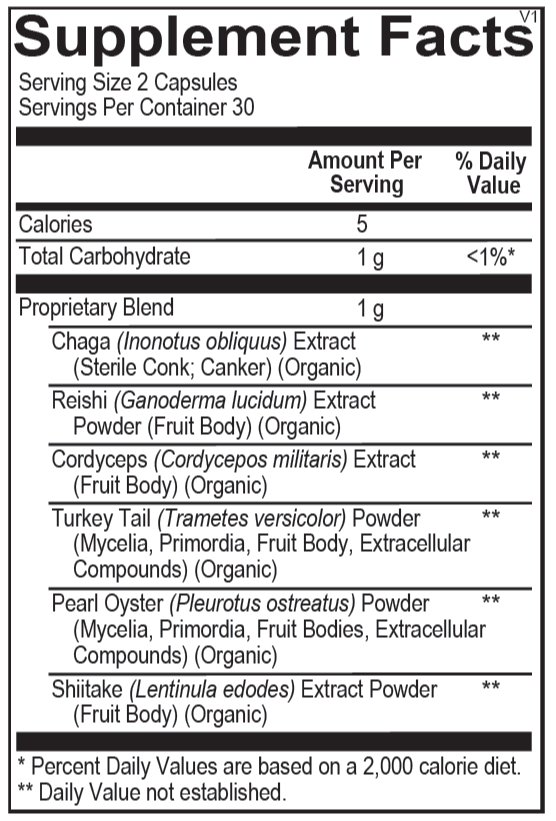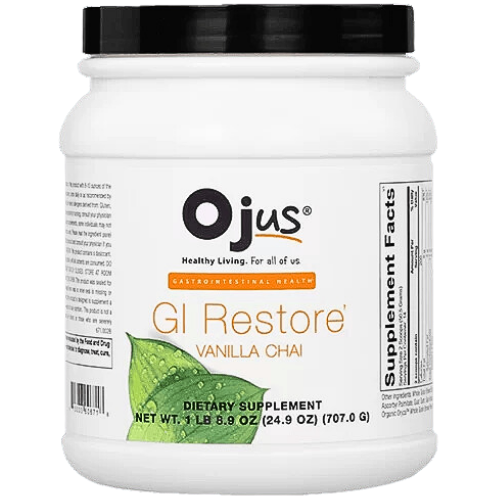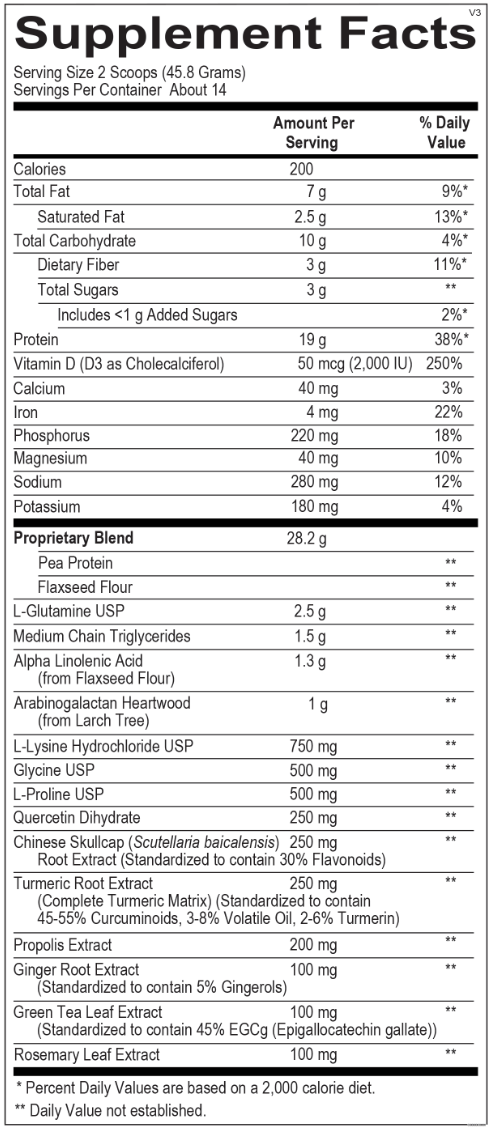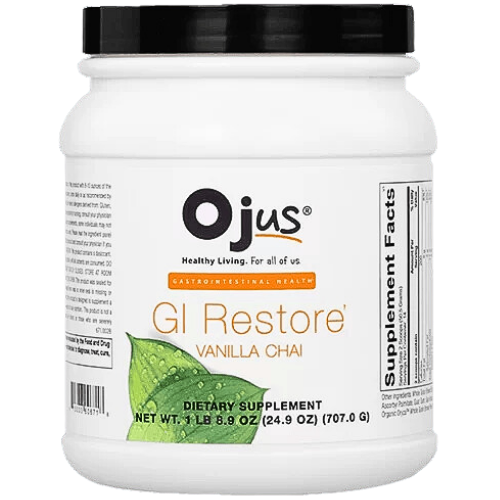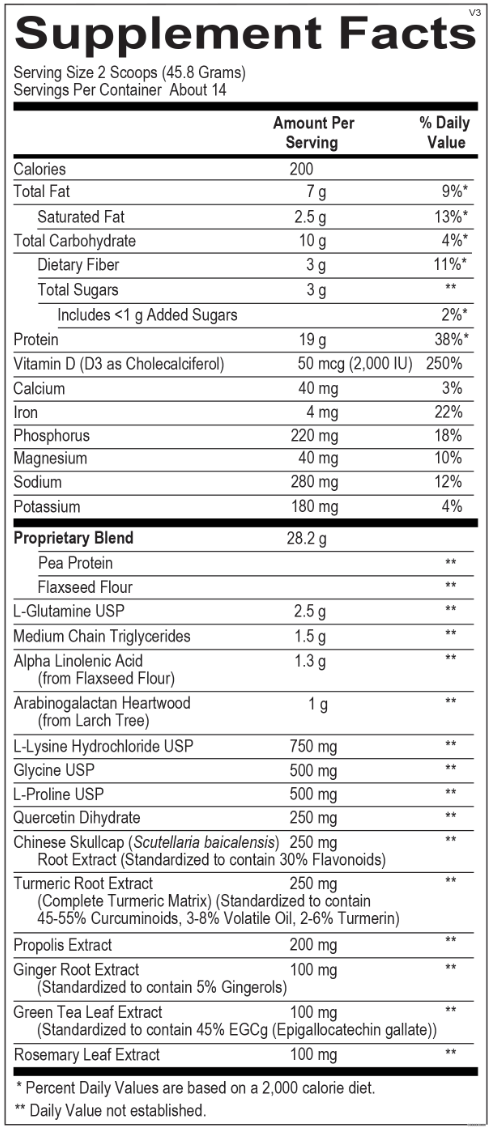
Small Intestinal Bacterial Overgrowth (SIBO)
Dr Anita NischalTable of Contents
| Are you suffering from the discomfort of bellyaches, gas or bloating? Then, you may have a bacterial overgrowth in your stomach. It is known as Small Bowel Overgrowth, or SIBO disease. This condition is affecting up to 80% of people in the United States, yet many do not recognize that the bacteria in the small intestine is to blame for their niggling symptoms. |
Though bacteria in the bowel is understandable as this is the place where our bodies manage and eradicate toxins. The situation worsens when bacteria that usually grow in other parts of the gut get trapped in the small bowel, stir up and generate the gas. That gas gives rise to health concerns such as bloating, pain, nausea, belching, diarrhea, and constipation.
Apart from this bloating, gas, and cramping, SIBO disease may intrude with your body’s capability to soak up food. Also, it can result in nutrient deficiencies or imbalances, weight loss, and additional worrying symptoms.
What is SIBO?
Small intestinal bacterial overgrowth or SIBO disease arises when there is an abnormal growth in the largely bacterial population in the small intestine. This small bowel overgrowth is an especially type of bacteria that is not normally discovered in the digestive tract. This ailment is often termed the blind loop syndrome.
SIBO disease usually takes place after surgery or disease, which tends to decelerate the passage of food and waste foods in the digestive tract. Then, this led to making a space for a breeding ground for bacteria. The bacterial overgrowth in the gut causes diarrhea and results in weight loss and malnutrition.
Although SIBO impedes stomach (abdominal) surgery it can also cause structural problems and certain disorders. At times surgery is required to remedy the problem, but medications or supplements are the most widespread treatment for SIBO disease.
Signs of SIBO
Symptoms and signs of SIBO often comprise:
- Loss of appetite
- Abdominal pain
- Nausea
- Bloating
- An uneasy feeling of fullness after eating.
- Diarrhea
- Inadvertent weight loss
- Malnutrition
Also, you are suggested to visit your doctor if you have had abdominal surgery and if you have:
- Constant diarrhea
- Quick, unintentional weight loss
- Abdominal pain that lasts more than a few days.
- Severe abdominal pain.
Causes of Bacterial Overgrowth in Gut
SIBO generally begins when your small intestine does not push food along the way it should. Bacteria overgrowth in the gut and stick around for too prolonged. Besides, if the “good” bacteria that support you to digest food cannot keep up with the damaging bacteria, the “bad” bacteria can proliferate too quickly, resulting in an imbalance in your stomach.
Other factors that can lead to signs of SIBO include:
Age
Often observed that older adults are at greater risk of SIBO disease since they may make fewer of the gastric acid that breaks down the food. They are also more prone to have diverticulosis.
Structure
Having a small intestine with an uncommon shape can lead to small bowel overgrowth. Physical variations in your gut can produce food move more gradually than it should and permit bacteria to mature. These may take place if:
- Diverticulosis (sacks in the small intestine)
- Surgical procedures like gastric bypass surgery
- Scar tissue from radiation or any kind of surgery
- Injury in your small intestine
- An unusual passage between two parts of your bowel
- A build-up of a protein called amyloid in the small intestine.
- Blockages in the GI tract
Medical conditions
- Diabetes
- Lupus
- Connective tissue disorders such as scleroderma
- Deteriorated immune system because of HIV or an immunoglobulin.
- Inflammatory bowel diseases like Crohn’s and ulcerative colitis
- Proton pump inhibitors tend to reduce acid in your stomach.
- Antibiotics that disturb the bacteria in your intestines
SIBO Diagnosis
The diagnosis of SIBO includes checking your symptoms and medical history. Also, a physical examination, which may consist of palpating, or gently feeling, your abdomen. Besides, you can go for blood, fecal, or other tests.
Breath test
A breath test is a frequent test for diagnosing SIBO. In this, that gut bacteria in the small intestine can lead to the release of the gases-hydrogen and methane, which can be detected through a breath test. This test is non-intrusive and can be done at home or in a doctor’s clinic.
For this, you will be required to fast overnight and during the test, you will breathe into a tube. After that, you will drink a particular sweet drink and then be required to breathe into a run of other tubes at steady periods for 2 to 3 hours after ingesting that drink.
Further testing
Other tests to diagnose small bowel overgrowth include taking the sample of the fluid from your small bowel to see what bacteria is developing there.
Treatment Options for SIBO
If left untreated, SIBO can lead to severe problems with nutrient deficiencies, dehydration, and malnutrition. The bacteria in the small intestine are treatable, but they can also relapse.
The treatment for SIBO entails the prescribed antibiotic therapy and some dietary changes. Dietary changes help cope with SIBO, but there is a bit of concrete evidence to verify which food is best. People will also help by curing any underlying medical ailments, like celiac disease or diabetes, that contribute to SIBO disease.
Role of Probiotics to treat SIBO
It is noticed that taking probiotics could help to return the bacteria in your gut to usual. A study shows that probiotic treatment could be more efficient at treating SIBO as compared to antibiotics.
Other diet changes for SIBO
- Abandoning the foods that appear to make your small bowel overgrowth symptoms graver and waiting at least 3days before placing them back on your plate. This way, you will realize whether a specific food prompts your symptoms of SIBO disease or not.
- Avoiding fiber and lactose as well as any liquid medications that use sugar alcohols for flavor.
- A low down-FODMAP diet (fermentable oligosaccharides, disaccharides, monosaccharides, and polyols) and are a type of carbohydrate.
- Prebiotics and probiotics: Get probiotics in inflamed foods like yogurt, kefir, and kimchi. To get additional prebiotics from foods, incorporate lots of fruits, veggies, and whole grains into your diet.
Once SIBO treatment starts, any basic illness also requires to be tackled. Some people will feel healthier within a few weeks while others need numerous months of treatment. It all varies on the amount of bacterial overgrowth in the stomach.
If you do not have bacteria overgrowth in your stomach because of an anatomical problem, a meek movement is to cut out sugary foods and drinks. This may be all it takes to eradicate the signs of SIBO.
Related Articles
- How to Improve Gut Health Naturally?
- When to Take Digestive Enzymes?
- Why Take Probiotics with Antibiotics?
You must avoid lactose, sugary food and drinks, fructose, fructans- a sugar mixture found in gluten products, fruits, some vegetables, and prebiotics. Also, you can avoid Galactans- a compound found in some legumes.
Although our small intestine is certainly an abode to some good bacteria, most bacteria ought to be residing in our large intestine. SIBO cannot go away on its own. SIBO demands to be tackled to go away. You may inadvertently treat SIBO if you alter your diet, switch out medications, or begin to exercise regularly. Also, you can turn to herbal supplements like probiotics and digestive enzymes.
Yes, you can treat the SIBO naturally with the SIBO diet. The diet can be used in a blend with probiotics. A 2010 study revealed that including probiotic supplements and probiotic-rich foods in your diet improves lessen SIBO symptoms. While on the SIBO diet, you must drink more water to lower the pain and alleviate digestion.
Besides, you can include grapefruit seed extract which can be found in liquid form, oregano oil capsules, garlic, berberine-goldenseal, Oregon grape, and Olive leaf extract.
SIBO or bacteria in the small intestine generally results when a condition like surgery or disease reduces the passage of food and waste products in the digestive tract. This then creates a breeding ground for bacteria to develop. Other causes of small bowel overgrowth are low stomach acid, altered bile flow & enzyme production, stress, antibiotics, food poisoning, dysfunction of intestinal nerves and/or muscles, dysfunctional immune system, and migrating Motor Complex Dysfunction.
Acute constipation can trigger a blockage in your bowel. For the reason that of this, the bowel starts to leak out watery stools all around the blockage from greater up in the bowel. The leak from the small bowel overgrowth can look like diarrhea and is called ‘overflow diarrhea’.


